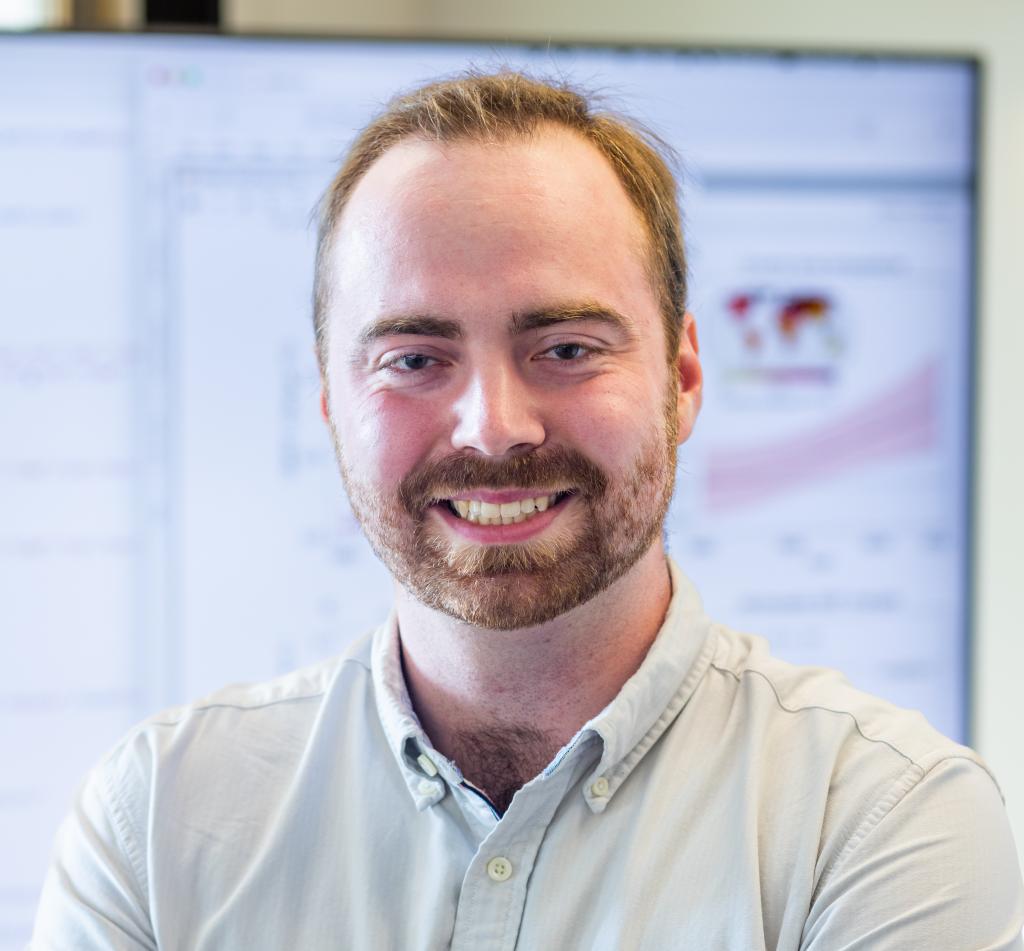The Lawfare Podcast: Karen Sokol and Chris Callahan on Climate Justice: The Interplay of Science, Law, and Policy
Published by The Lawfare Institute
in Cooperation With

Over the weekend, the United Nations Climate Change Conference, or COP 27, went into overtime as nations came to an historic agreement to establish a loss and damage fund. This fund is meant to give resources to countries who have experienced the worst effects of climate change. Some like to think of it as climate reparations.
There are a lot of factors that might have created the momentum for this historic agreement to go through after many years. An interesting one is that it's becoming more and more difficult for big emitters like the United States to deny their role in contributing to climate change, particularly as new scientific studies have been pivotal in creating a pretty unimpeachable basis for climate responsibility. But, just because science can verify certain realities does not mean that it's a straight path forward for climate justice.
To get a sense of what factors are coming together to achieve climate justice, Lawfare associate editor Hyemin Han merges the legal and policy perspective with the science perspective in a conversation with Karen Sokol, a professor at the Loyola University New Orleans College of Law and a fellow at the Princeton School of Public and International Affairs, and Chris Callahan, a PhD candidate at Dartmouth College who co-produced a scientific study that informed negotiations on loss and damage at COP 27.







